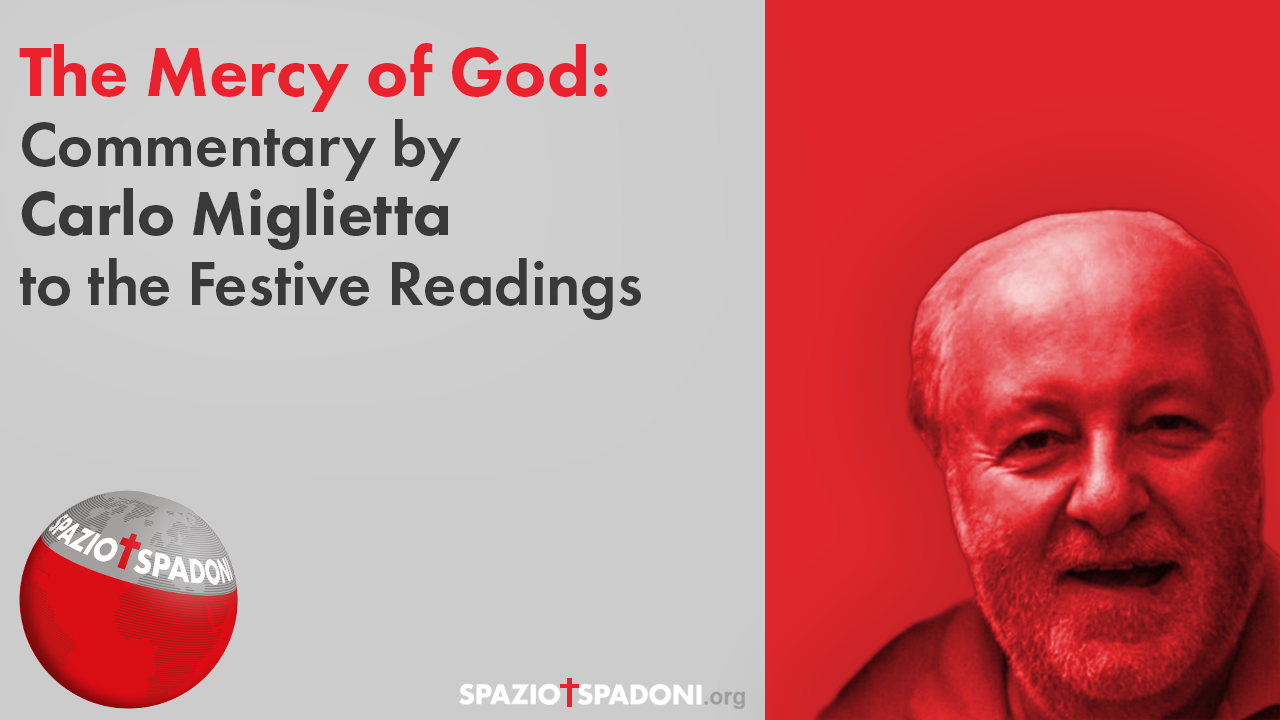
V Sunday Of Easter B – Only United With Christ Do We Have Life And Bear Fruit
Readings: Acts 9:26-31; 1 John 3:18-24; John 15:1-8
In the Old Testament the image of the vineyard or vine is recurrent to designate Israel as God’s people, his property (Is 5:1-7; 27:2-6; Jer 2:21; 12:10-11; Ez 15:1-6; 19:10-14; Hos 10:1-3; Sl 80:9…): and this metaphor is also taken up by the Synoptics (Mk 12:1-11; Mt 20:1-16; 21:28-32; Lk 13:6-9; 20:9-19). But sometimes the vine is an individual symbol: a king of the house of David (Ez 17), Wisdom personified (Sir 24:17-21), the Son of Man, the Messiah (Sl 80:15-16). In today’s Gospel (Jn 15:1-8) Jesus applies this simile to himself. For “Jesus is the eschatological vine, for he is the Messiah, the remnant of Israel, the Word-Wisdom who takes the place of the Mosaic law and animates the new people of God from within” (Panimolle).
Jesus is the “true” life in opposition to the synagogue and sterile Judaism, but also to all ideologies (the State, Religion, Power, hedonism, materialism…) that promise life to man. We exist only united with Jesus: far from him there is only death. It is the theme of “abiding in Christ” that is so important in John’s Gospel: abiding in the love of Christ (vv. 9-10), in obedience to his commandments, adhering to him, believing in him and his word, is the only way to have life: only Jesus is life (Jn. 14:6). That is why nothing is as important as the proclamation of Jesus and his Gospel: Jesus is the basis of everything, the foundation of all existence, the true and deep meaning of creation and history.
Only in Jesus do we bear fruit: “Without me you can do nothing” (v. 5): this text was quoted in the Council of Carthage against the Pelagians and in the Council of Trent against the Reformers, to support the importance of grace and the possibility for man, united with Christ, to do good works. But it is not enough to be united with Christ in faith: one must also “bear fruit,” in keeping the Lord’s commandments (v. 10), especially in love to the point of giving one’s life (vv.12-13), loving “not in word nor with the tongue, but in deed and in truth” (Second Reading: 1 John 3:18), and in witnessing to the Lord even in persecution, following Paul’s example (First Reading: Acts 9:27-29). It is indeed true that “man is justified by faith” (Rom 3:28), but “what good is it if one says he has faith but does not have works?”; and “faith without works is dead” (Jas 2:14, 26).
Whoever does not bear fruit will have wasted his life, will have made it barren (Jn 5:29; Mk 9:43; Mt 3:10; 13:30; 25:41). Note well that only the Father is the vinedresser: he is the only master of the vineyard, and no one else can arrogate to himself the power to remove or prune the branches; therefore we must refrain from judging and always have great mercy toward all. But even those who bear fruit are pruned: it is the Word of the Lord, “sharper than a two-edged sword” (Heb. 4:12), that continually cleanses us, that purifies us, that continually challenges us to make us better, more faithful, poorer, more capable of love and service, more authentic, more evangelical, more Christian. The believer is not spared pain, but in suffering the new man is born (Jn. 16:21).
Overshadowed in today’s Gospel is the arduous process of the believer’s growth and maturation in his union with Christ to a mutual indwelling: “If anyone loves me, he will keep my Word, and my Father will love him, and we will take up residence with him” (Jn. 14,. 23); and also proposed is the mystery of suffering, which will sometimes affect the disciple, but which in God’s view will always have a pedagogical and purifying value, and which will see God always at man’s side to protect and save him.
